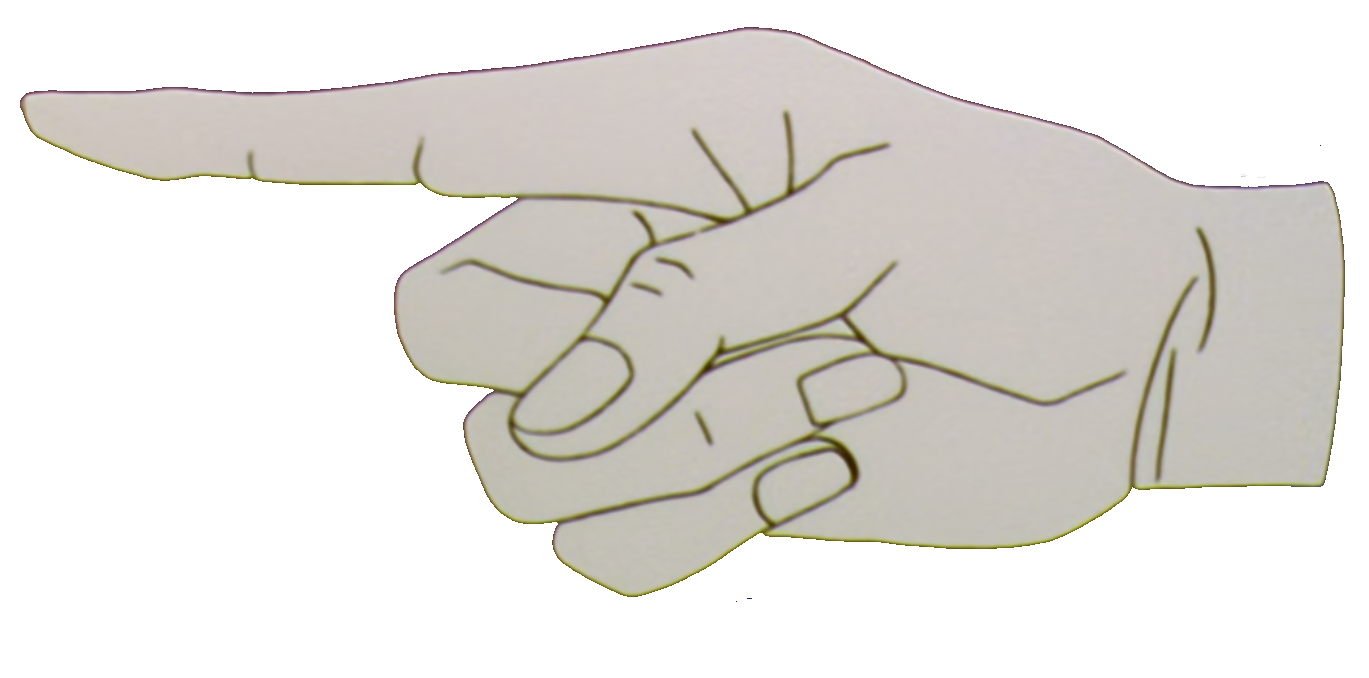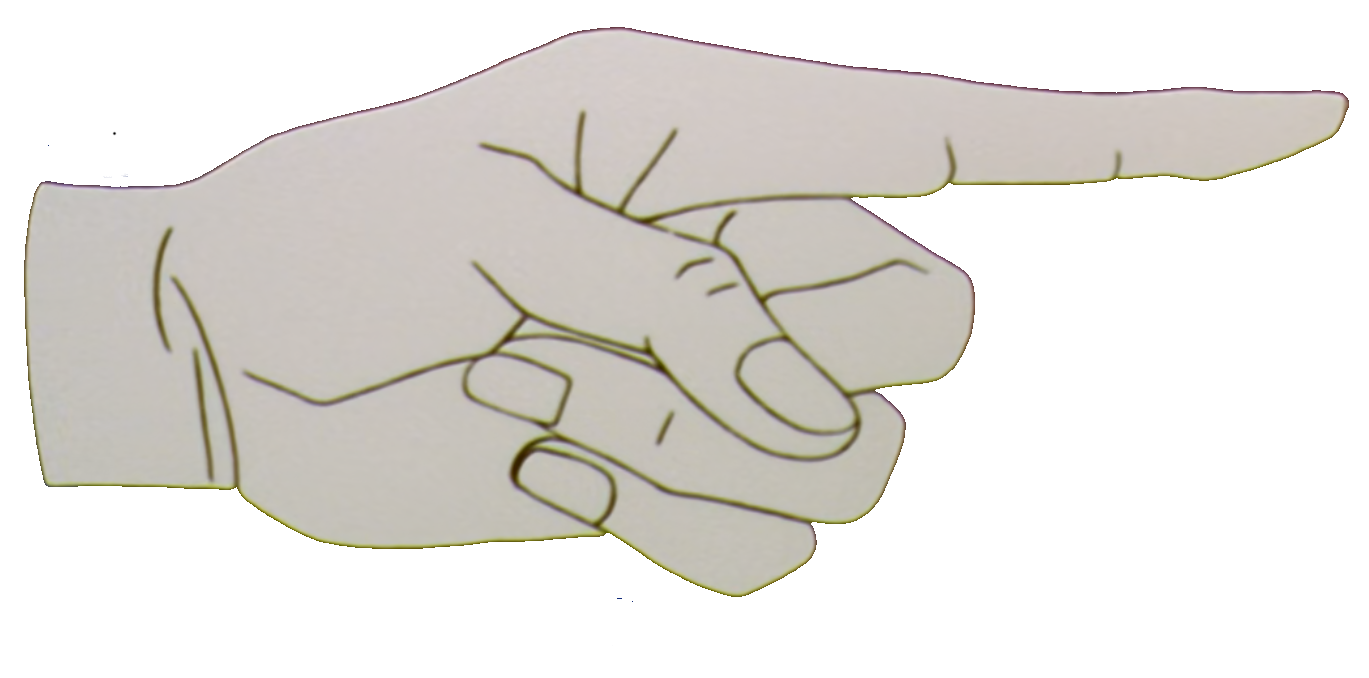

Out
Side
Is
Only
There
If
Something
Is
Within Within Within Within Within Within Within Within Within Within Within Within Within Within
Within the walls, Within
Within the mind, is Withheld Within
Within - holds power. Within
Within, of types: Within
Within that fit in Immured Within
Within what she sings of Within
Within inside Within
Within days where out it goes; Towards self Within
Within and back again. Within
Within Bellies turned backwards, Within
Within the embalmed remnants Within
Within forgotten. Within
Within Held Our minds Within
Within change Within
Within minds Within
Within Inside only. Within
Withinn flowers Within
Within grow Within
Within Near inside Within
Within and back Within
Within again. Within
Within Within Within Within Within Within Within Within Within Within Within Within Within Within
Inside
Is
Only
There
If
Something
Is
Gertrude Stein revolutionized traditional ideas of prose and poem at the beginning of the twentieth century with her exploration of repetition, shape, and psychological elements within her writing.
Born in California and educated at Radcliffe College in New England, she moved to Paris in 1903 where she she began her her influential career. Stein contributed to the modernist movement not only through her writing but also as a collector of modernist art. Through the relationships she built with prominent artists, her writing became an influence in the visual zeitgeist of early twentieth-century art. Her famous phrase “A Rose is a Rose” which Stein used and repeated throughout various works plays with the mind both in its circularity of meaning, but with its visual element as well where the phrase can be arranged in a circle and not only keep its structure but enhance its meaning further through circular representation. This representation goes further than even its physical practicality in description as it serves to represent the singularity of objects in relation to themselves. A rose is identical only to a rose as a person is only identical to themselves.
This avant-garde approach to writing influenced artists from Picasso to Duchamp, who is believed to have created his moniker Rrose Sélavy in conversion with Stiens “A rose is a rose”. This poem that I have written is also in conversation with Stein’s approach. The inspiration for this piece was to try to create a poem that built meaning not only through essential/ definitional meaning, like in “A Rose”, but also through physical relation to the page and space around the word such as in the circular representations of “A Rose’ as well with the unique syntax and formatting in Tender Buttons. Another element that I attempt to channel through this piece is the stream of consciousness that Stein employs in works such as Tender Buttons, where connections between words and ideas within the work connect to each other through word association and essential meaning as well as the personal psychological processes and individual meaning embedded in the symbology of language through the author’s personal experience.